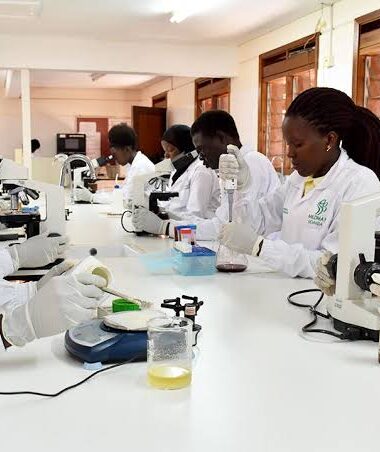-
Flexible scheduling: Many private medical colleges in Kenya offer flexible scheduling options, which can be helpful for students who want to pursue a medical degree while also working full-time or raising a family.
-
Cost-effective: The tuition fees at private medical colleges in Kenya are often lower than the tuition fees at public medical schools.
-
Personalized attention: Private medical colleges typically have smaller class sizes than public medical schools. This allows students to get more personalized attention from their professors.
-
Networking opportunities: Private medical colleges offer students the opportunity to network with other medical students and professionals. This can be helpful for students who are looking for jobs after graduation.
What are the challenges of studying medicine in a private medical college in Kenya?
The challenges of studying medicine in a private medical college in Kenya include:
-
High competition: The competition to get into private medical colleges in Kenya is high. This means that students need to have good grades and test scores in order to be admitted.
-
Limited resources: Private medical colleges in Kenya often have limited resources compared to public medical schools. This can make it difficult for students to get the hands-on experience they need.
-
Accreditation: Not all private medical colleges in Kenya are accredited. It is important to choose a college that is accredited by a recognized body.
-
Cost of living: The cost of living in Kenya can be high. This can be a challenge for students who are on a budget.
How can I improve my chances of getting accepted into a private medical college in Kenya?
There are a number of things you can do to improve your chances of getting accepted into a private medical college in Kenya. These include:








